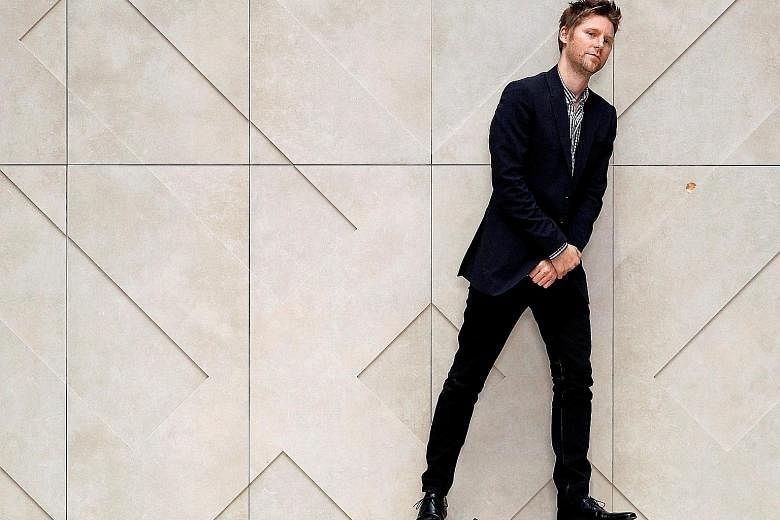LONDON • Burberry Group fended off a shareholder revolt over executive pay at Mr Marco Gobbetti's first annual meeting as chief executive officer, overcoming objections from some investors and advisory groups.
After the trench coat-maker took steps to placate shareholders ahead of Thursday's meeting, 31.5 per cent of votes were cast against the company's pay report, the company said in a provisional result.
Institutional Shareholder Services (ISS) had urged investors to reject the package and Britain's Investment Association, an industry body, voiced worries.
Chief financial officer Julie Brown waived as much as £2.4 million (S$4.3 million) of previously agreed stock awards last month following investor pressure.
Former CEO Christopher Bailey, who yielded that role to Mr Gobbetti this month but remains chief creative officer, had already said he would not take a bonus, though he is still eligible for about £11 million worth of stock awards from previous years' packages.
Ms Brown gave up the shares because "she felt, given the circumstances, it was the right thing to do", chairman John Peace said after the meeting. About 9 per cent of shares were cast against the reappointment of Mr Peace, whom Burberry has said it expects to replace by the end of next year.
The votes came amid growing concern about income inequality in Britain, with Prime Minister Theresa May describing the gap as "unhealthy" and promising a fairer society. Companies ranging from consumer products giant Reckitt Benckiser Group to miner Anglo American to cigarette-maker Imperial Brands have taken steps to rein in executive compensation.
ISS had criticised one of Mr Bailey's earlier awards as "murky" and said the company's remuneration practices were "not in line with market standards".
Royal London Asset Management, which has a 0.5 per cent stake, said Burberry's response to questions over pay had been "chaotic" and raised concerns about corporate governance, saying it would vote against the remuneration report.
"I think that Burberry likes to see itself as a law unto itself," said Mr Stefan Stern, director of the High Pay Centre, a group that monitors executive awards. "It likes to be seen as elite and expensive, and might even think that's part of its brand, but shareholders have to do their job and won't be tolerant if they think companies are overpaying."
The meeting caps an eventful first few days in his new role for Mr Gobbetti, previously CEO at LVMH-owned French fashion house Celine. The British luxury company posted strong quarterly results on Wednesday.
Burberry has faced shareholder ire over its pay plans before. In 2014, investors rejected its awards to executives, although the vote was only advisory. Energy giant BP, which received a similar rebuke last year, trimmed its chief's pay ahead of this year's meeting in May.
Also in that month, 61 per cent of shareholders at education company Pearson voted against CEO John Fallon's pay.
BLOOMBERG

